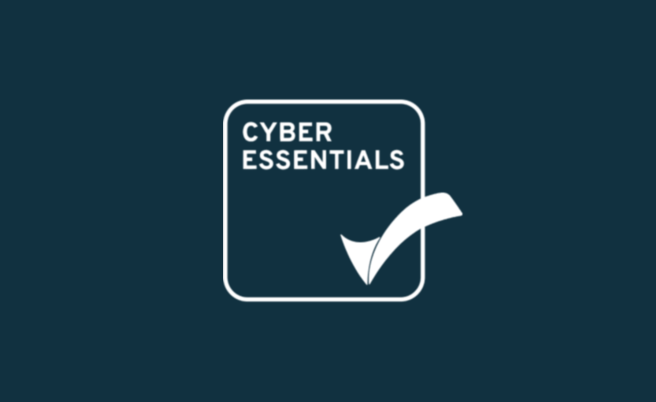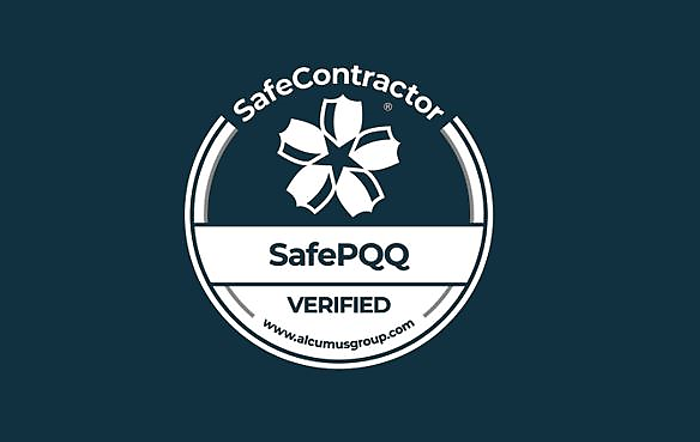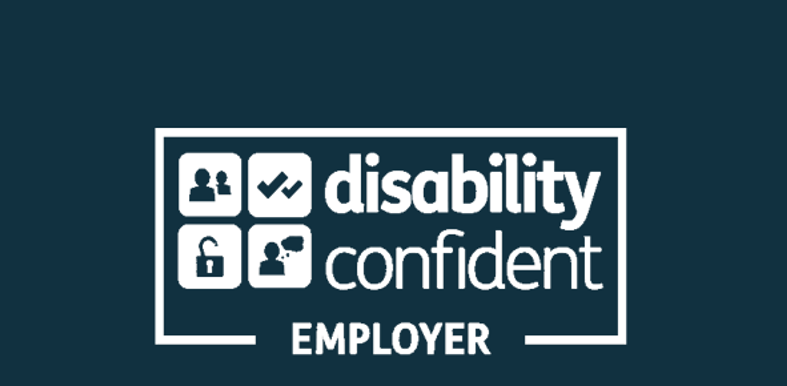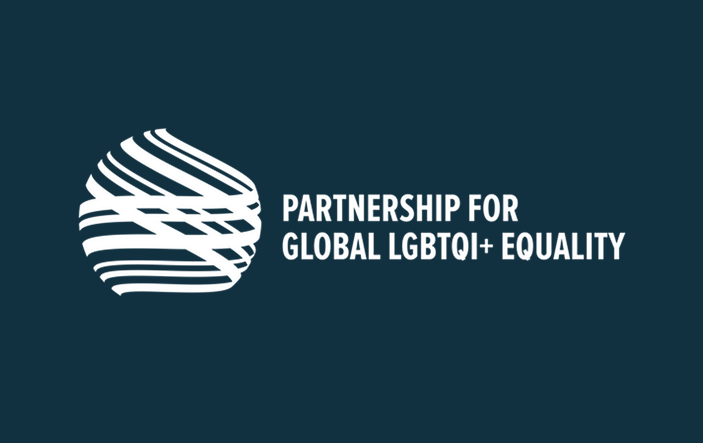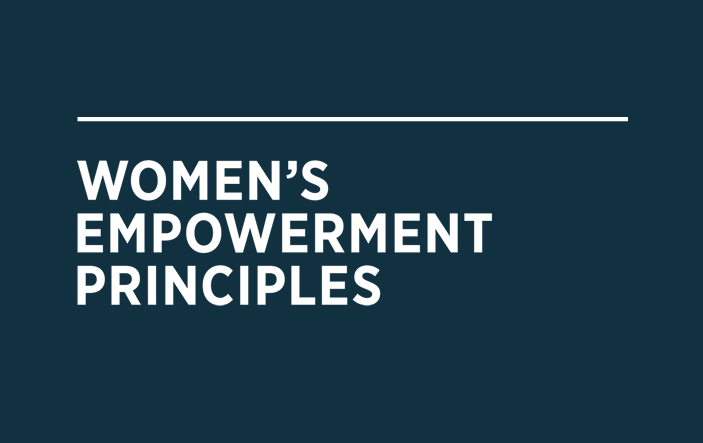United Nations Global Compact
Working towards a more sustainable future, ensuring that our business practices are safe, responsible, fair and transparent.
Bradburys Global Risk Group is an active participant of the United Nations Global Compact and we align our business strategies with the Ten Principles of the UN Global Compact corporate responsibility initiative.
By ensuring that the Ten Principles of the UN Global Compact remain embedded into our corporate DNA, we continue our journey in collectively achieving fundamental responsibilities across the areas of key global issues of human rights, labour standards, the environment and anti-corruption.
UNGC Human Rights Principles
UNGC Principle 1
Businesses should support and respect the protection of internationally proclaimed human rights.
UNGC Principle 2
Businesses should make sure that they are not complicit in human rights abuses.
Our Commitments
We believe that it should be a collective responsibility for all organisations, irrespective of size, sector or geographical location, to positively contribute to; and to ensure that the fundamental freedoms of all are recognised, assessed, managed and protected.
Our ethical commitment to upholding the UNGCs principles on human rights is expressed in our Global Human Rights Policy Statement which is driven by the following internationally recognised human rights standards:
UNGC Labour Standards Principles
UNGC Principle 3
Businesses should uphold the freedom of association and the effective recognition of the right to collective bargaining.
UNGC Principle 4
The elimination of all forms of forced and compulsory labour.
UNGC Principle 5
The effective abolition of child labour.
UNGC Principle 6
The elimination of discrimination in respect of employment and occupation.
Our Commitments
We acknowledge our moral duty to operate beyond compliance. Our alignment to the UNGCs principles on labour rights enables us to reinforce standards and values across the company within its operational practices and policies which are guided by the universally recognised standards and Conventions of the International Labour Organisation’s (ILO) Declaration on Fundamental Principles and Rights at Work.
We recognise that certain industry sectors and operating regions present a greater risk of exploitation than others and we acknowledge that our supply chain falls within these areas; as such, suppliers wishing to participate in the company’s procurement process are required to satisfy our Supplier Code of Conduct.
Our responsible sourcing due diligence measures identify, prevent, mitigate and work towards eliminating any instances of labour issues arising from our supply chain. Our robust supplier vetting incorporates ethical and legal standing including human rights, labour and modern slavery conduct and commitment in addition to equal opportunities and diversity and inclusion practices. The disclosure of supporting evidence by way of policy documentation, industry accreditation’s and references in support of compliant operating practices, in addition to physical site visits/assessments are also essential requirements when establishing a successful relationship with Bradburys Global Risk Group.
We operate in certain countries and regions where laws, regulations and standards vary. Where this is identified, we adhere to minimum age provisions of national labour laws and regulations. Where national law is deemed to be insufficient, we align with international standards.
In compliance with the UK Modern Slavery Act 2015, our statement affirms our commitment to eradicating human rights issues including slavery and human trafficking and also sets out the systems and measures that we have implemented to ensure that human rights abuses have no part in our business or wider supply chain.
We recruit based on qualifications, skills and experience, irrespective of beliefs, gender, age, religion, culture, race, colour, sexual orientation and disabilities.
UNGC Environment Principles
UNGC Principle 7
Businesses should support a precautionary approach to environmental challenges.
UNGC Principle 8
Undertake initiatives to promote greater environmental responsibility.
UNGC Principle 9
Encourage the development and diffusion of environmentally friendly technologies.
Our Commitments
We regard compliance with the law as the minimum standard to be achieved and our drive to improve environmental performance is an integral part of our business strategy and operating practices. We seek to learn and develop whilst identifying effective ways of reducing our environmental impact.
Everybody within the company has an important part to play, but clear leadership from senior management is crucial and underpins all of the company’s actions to achieve good environmental management practices which are effective, compliant and proportionate and achievable in the context of what we do.
UNGC Anti-Corruption Principles
UNGC Principle 10
Businesses should work against all forms of corruption, including extortion and bribery.
Our Commitments
We recognise that all organisations are vulnerable to corruption which presents legal and reputational risks. Bradburys Global Risk Group has both ethical and legal obligations to prevent corruption in all forms, including extortion and bribery.
We operate a zero-tolerance policy towards bribery and corruption and act fairly and with integrity in all of our business activities in compliance with all relevant international standards, anti-corruption laws and regulations including the UK Bribery Act, the UN United Nations Convention against Corruption and the United States Foreign Corrupt Practices Act (“FCPA”), legislation enacted under the OECD Convention on Combating Bribery of Foreign Public Officials in International Business Transactions (“OECD Convention”), which are elaborated upon further within our policy documentation.
Our supplier due diligence process seeks to identify, prevent, mitigate and work towards eradicating any instances of corrupt practice within our supply chain through the analysis of risk intelligence data relating to Anti-Bribery and Corruption compliance, PEP and Sanctions Screening and Anti-Money Laundering checks.
Communication on Progress
Find out what sustainability means for us and how we’re implementing the Ten Principles across the areas of human rights, labour, environment and anti-corruption into our daily operations whilst advancing the Global Goals in our annual COP reporting.
Sustainable Development Goals
The Sustainable Development Goals (SDGs) are the blueprint to achieve a better and more sustainable future for all and address the global challenges that we face including, poverty, inequality, climate change, environmental degradation, peace and justice.

